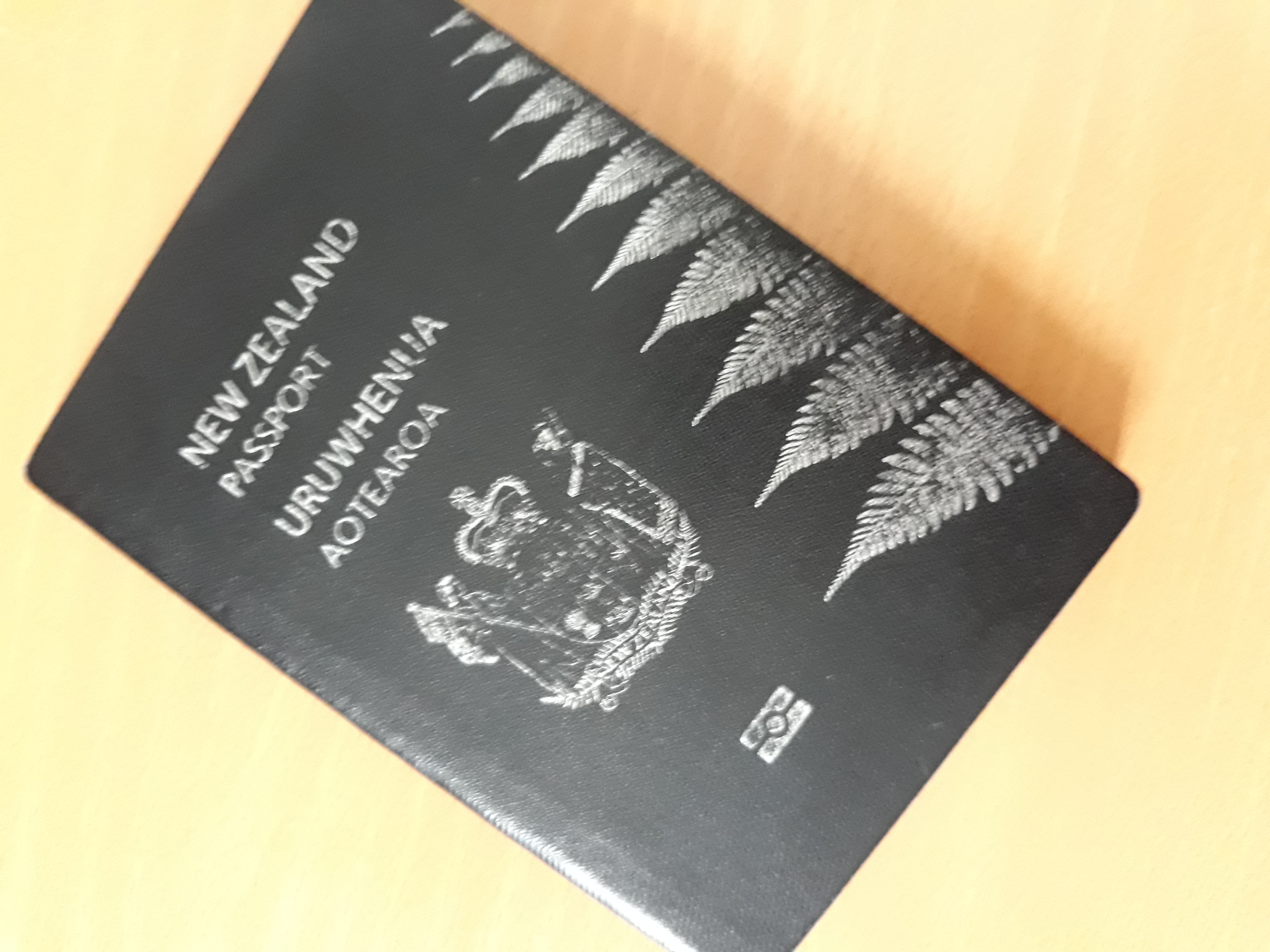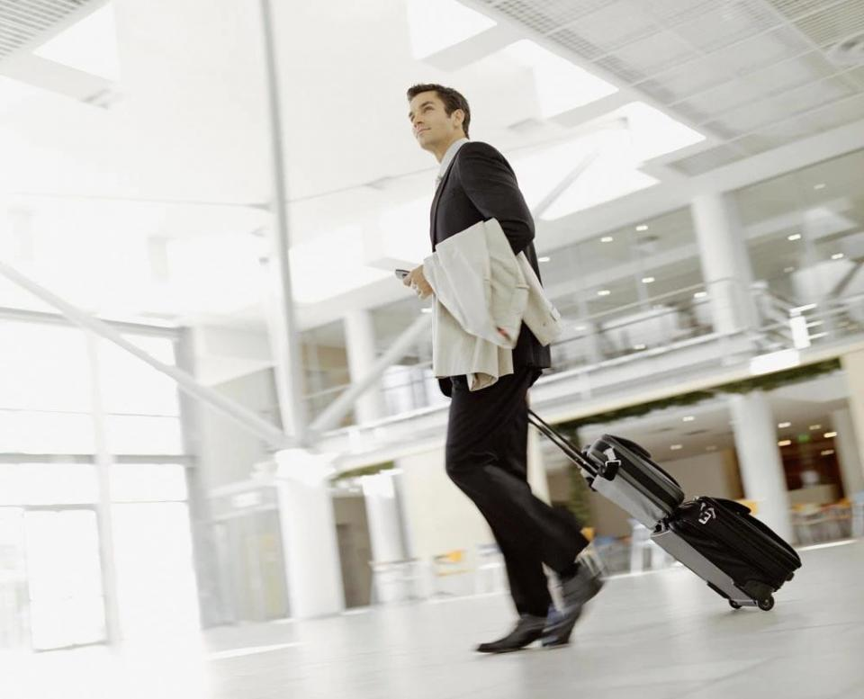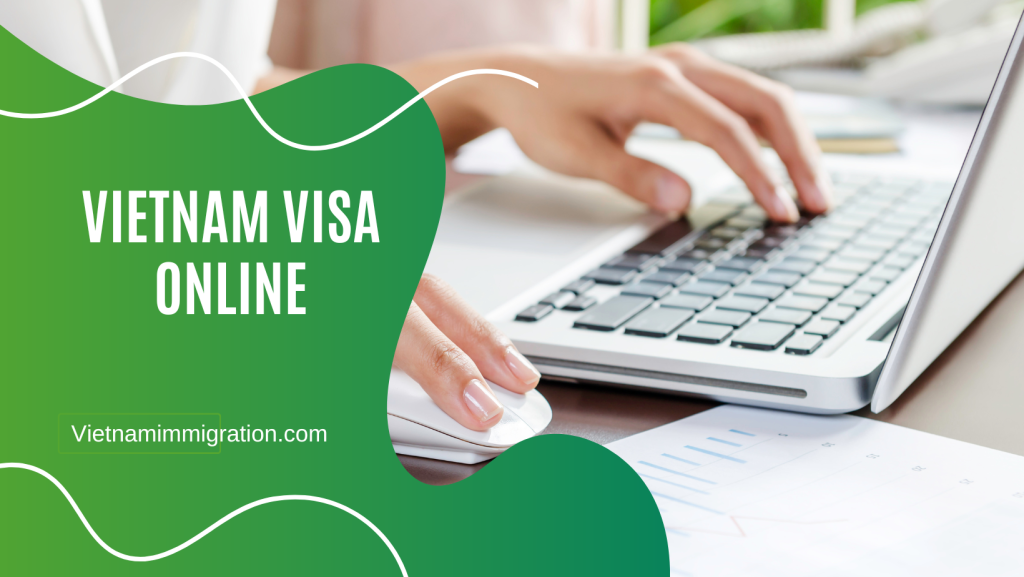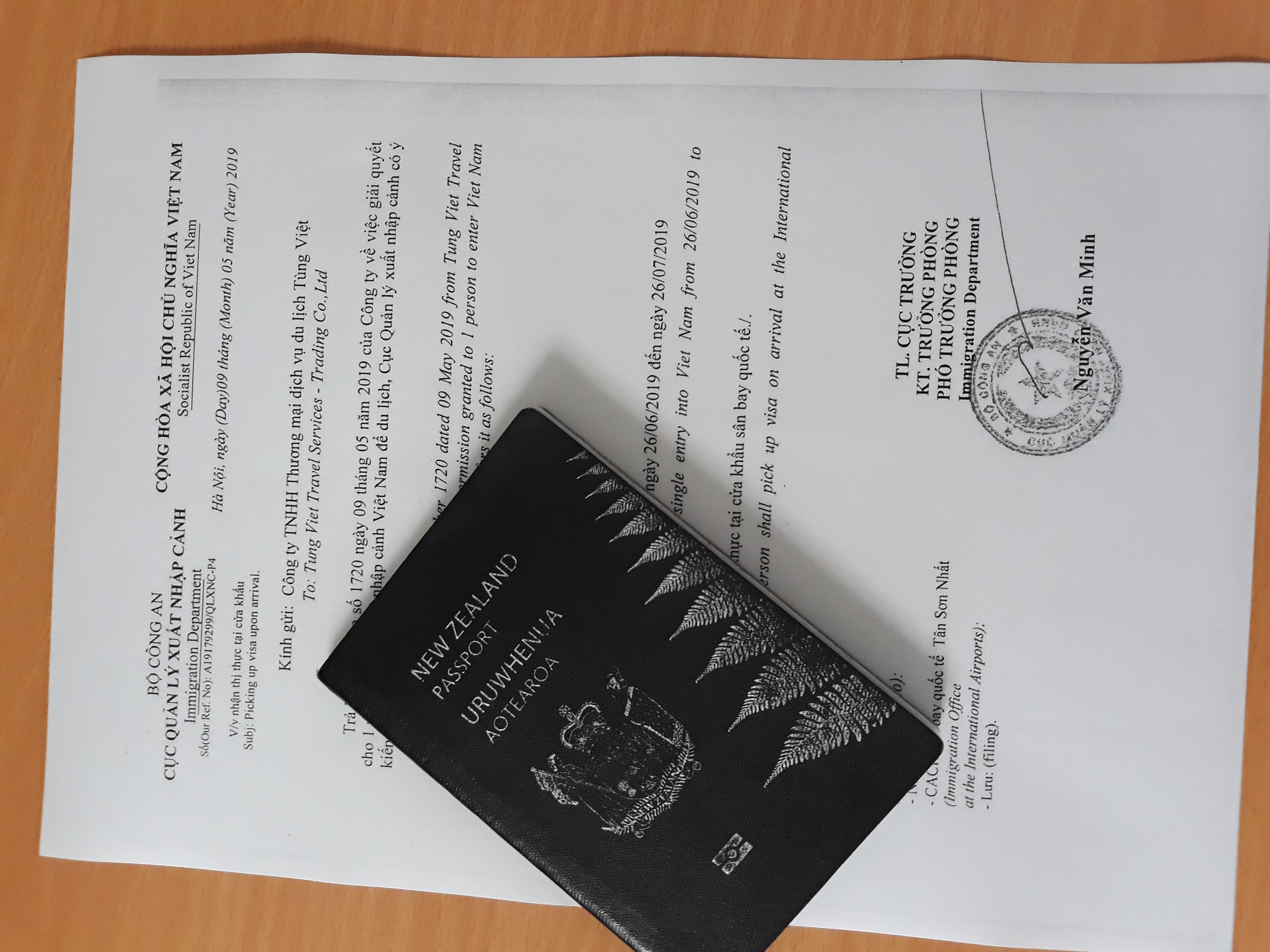Planning to travel from New Zealand to Vietnam in 2025 for business? Whether you’re attending an industry conference in Hanoi, inspecting manufacturing facilities in Ho Chi Minh City, or finalising …

Planning a business trip from New Zealand to Vietnam in 2025? Your ability to secure a Vietnam business visa depends entirely on how well you understand the rules and prepare the right documents. Even a seemingly minor mistake—like uploading the wrong photo size, missing a document, or entering incorrect details—can lead to delays or rejection. This updated guide will walk you through every requirement and step so you can apply with confidence and start your trip without any last-minute stress.
A Vietnam business visa is an official travel authorisation that allows foreign nationals to enter Vietnam for commercial purposes. For New Zealand citizens, it’s the appropriate choice for activities like attending trade exhibitions, closing business deals, visiting factories, or meeting with partners.
The visa is generally valid for one to three months, and applicants can choose between a single-entry or multiple-entry option. Single-entry visas are ideal for one-off trips, while multiple-entry visas are best for those who plan to travel in and out of Vietnam several times during the validity period.
It’s important to remember that a business visa is distinct from a tourist visa. Using the wrong visa type for your activities is a violation of Vietnam’s immigration laws and may result in penalties, denied entry, or future visa complications.
In recent years, many New Zealanders have opted for the Vietnam e-visa as it allows for a fully online application, eliminating the need to visit an embassy or consulate in person.

To apply for a Vietnam business visa, New Zealand passport holders must have at least six months of validity remaining from the intended date of entry into Vietnam. This ensures compliance with Vietnam’s entry requirements and international travel standards.
The trip must have a legitimate business purpose, such as attending a conference, negotiating contracts, or conducting business meetings. In some cases, proof of your business activities—like an invitation letter from a Vietnamese company or event registration confirmation—may be requested.
Applicants must not appear on Vietnam’s immigration blacklist, which includes individuals who have overstayed previous visas, violated visa conditions, or been deported. Any past immigration issues could lead to a more detailed review or outright denial.
Compliance with Vietnamese law is also essential. Any prior legal violations within Vietnam may harm your chances of approval.
When applying online for an e-visa, New Zealand applicants generally need only:
When applying in person at the Vietnamese Embassy in Wellington or through a consulate, the process requires additional documentation:
The e-visa is a great choice for short-term business visits, offering speed and simplicity, while embassy applications are better suited for those who require long-term stays or multiple entries, though they demand more paperwork and processing time.

1. Missing Required Documents
Applications missing essential documents like a passport scan or invitation letter are often delayed or rejected. Always check against the official requirements before submitting.
2. Providing Incorrect Information
Mistakes such as typos in your name, incorrect passport numbers, or mismatched details between your form and supporting documents can result in rejection. Accuracy is critical at every stage.
3. Submitting Non-Compliant Files
Poor-quality passport scans, photos with incorrect dimensions, or expired documents can all lead to refusal. Ensure every file is clear, valid, and meets Vietnam’s official standards.
4. Selecting the Wrong Visa Type
Applying for a tourist visa when your trip involves business activities is a common but costly mistake. Even if the visa is issued, entry may be denied if your declared purpose does not match your visa type.
5. Applying Too Close to Your Departure Date
While urgent processing is available, applying at the last minute leaves little margin for delays due to holidays, system issues, or peak-season demand. For New Zealand citizens, applying at least 2–3 weeks in advance is strongly recommended.
Professional visa agencies can significantly reduce the risk of rejection by thoroughly checking your documents and ensuring they meet Vietnam’s requirements before submission. This gives you peace of mind and saves valuable time.
Many offer urgent processing services, delivering visas in as little as 2–8 hours for last-minute travel needs.
A reputable service will also provide 24/7 support, answering all your questions at any stage of the application. For example, Vietnam Visa Services offers a 100% approval guarantee with a full refund if the visa is not issued on time. With over 15 years of experience, they’ve successfully helped many New Zealand clients secure their visas quickly and without hassle.

In 2025, applying for a Vietnam business visa as a New Zealand citizen is a straightforward process when you know the requirements and prepare the right documents. By following this guide—and considering professional visa assistance—you can avoid delays, minimise risks, and focus on achieving your business goals in Vietnam.

Planning to travel from New Zealand to Vietnam in 2025 for business? Whether you’re attending an industry conference in Hanoi, inspecting manufacturing facilities in Ho Chi Minh City, or finalising …

